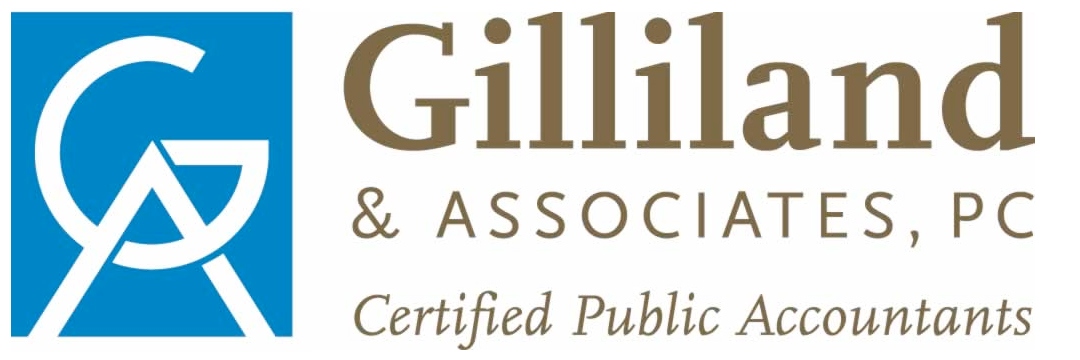Tax Tips to Aid in Retiring Early

Wouldn’t it be nice to check out of the workforce early and not have to worry about having enough for retirement? While good financial planning can help you get there, leveraging the tax code as part of your retirement plan is also a good idea. Here are some tax tips that could help you reach your early retirement goal.
- Maximize tax advantaged retirement accounts. Retirement accounts like Traditional IRAs and 401(k)s allow qualified taxpayers to save pre-tax money, invest the funds, and not pay taxes until the funds are withdrawn during retirement years. The IRS still receives their tax on your income and earnings, but they delay receiving the funds until you withdraw them in the future. In other words, the IRS allows you to invest their potential tax receipts along with your money and will take their share of your investment earnings at a later date.
- Leverage the “catch-up” provisions within retirement accounts. Most retirement accounts allow older taxpayers to invest even more money in these retirement savings accounts. The key retirement fund limits are noted here:
Retirement Plan 2017 Maximum
ContributionAge 50+
Catch-upTotal Maximum
Contribution401(k), 403(b), 457 $18,000 $6,000 $24,000 Traditional/Roth IRAs $5,500 $1,000 $6,500 SIMPLE IRA $12,500 $3,000 $15,500 - Consider Tax Free Retirement Choices. Roth IRAs and Roth 401(k)s are an interesting alternative to other qualified retirement plans. Within Roth accounts you invest money in your plan with “after-tax” dollars, but any earnings are tax-free as long as you follow the withdrawal rules. While this lowers your potential initial investment, you have created a source of funds that can earn money without being taxed in the future. If you expect tax rates to go up during your retirement years, perhaps a Roth IRA should be included in your retirement portfolio.
- Roth Rollovers. You may also roll money from most qualified retirement accounts into Roth retirement accounts. When you do this, you must pay the tax on the funds rolled over, but the rollover makes any future earnings within this account tax-free as long as you follow the distribution rules. In the past, you were unable to do this type of rollover if your income exceeded $100,000.
- Consider Health Savings Accounts and their “catch-up” provisions. Health Savings Accounts allow you to set aside money to pay for qualified health expenses in pre-tax dollars. To be eligible to set up this type of savings account, you must be in a qualified high deductible, medical insurance plan. The good news is that unused funds can be invested and carried forward to future years. These funds can then be used to augment your retirement plan.
- Consider state taxes. Part of your retirement plan should be understanding where you wish to live. It is important to note that states are not created equal on this front. Many states have no state income taxes, while others like Hawaii, are in excess of 10%. And you must project where your chosen state might be in the future. In Minnesota, for instance, recent proposals would make that state’s taxes among the top taxed states in the nation. Many states are also trying to take the position that you must pay them state taxes on all retirement plan withdrawals from money earned while you lived in their state, even though you moved ten years ago! This problem will not go away as long as governments continue spending programs in excess of tax collections.
- Consider additional deductions and benefits. There are also a number of other benefits that should be considered as you reach retirement age. These include:
- the additional standard deduction when you reach 65
- the credit for elderly/disabled
- the timing of when to commence social security benefits
- the impact of Medicare and Medicaid plans
- the potential taxability of retirement benefits including social security and pension plan income
Gilliland & Associates, PC is a full-service CPA firm specializing in tax planning for individuals and businesses in the Northern Virginia area. We are based in Falls Church, VA and also service clients in McLean and Tysons Corner, VA. Gilliland & Associates is known for our superior knowledge and aggressive interpretation and application of tax laws. We help you keep more of your earnings by finding you the lowest possible tax on your business or personal tax return. You can connect with us on Google+, LinkedIn, Facebook, and Twitter.
